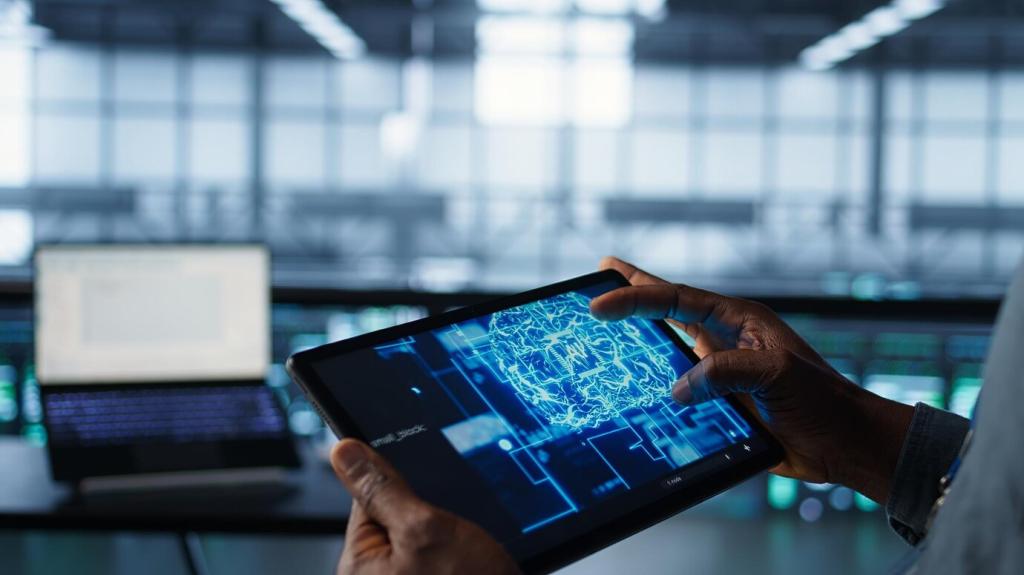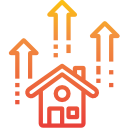Embracing sustainability in the era of smart technology is not just a trend—it is an imperative. Future smart homes are designed to blend comfort, convenience, and environmental stewardship. By leveraging cutting-edge technology with eco-friendly design, these homes promise efficiency, reduced carbon footprints, and healthier living spaces. As global focus shifts towards responsible resource use, sustainable solutions in smart homes both redefine modern living and address critical environmental challenges facing the planet.
Energy Efficiency and Management
Intelligent Energy Monitoring Systems
One of the cornerstones of energy-efficient smart homes is the deployment of intelligent monitoring systems. These systems provide real-time insights into how energy is used throughout the home, down to each appliance. By understanding these consumption patterns, homeowners can identify areas of excess usage and make informed decisions on adjustments. Automatic notifications and reports encourage proactive management, ensuring the home always operates at peak efficiency. This results in both cost savings and a marked reduction in overall energy waste, contributing directly to sustainability goals without compromising on comfort or convenience.
Automated Climate Control and Insulation
Advanced climate control solutions in smart homes leverage data and algorithms to maintain ideal living conditions without unnecessary energy use. Paired with high-performance insulation and smart sensors, these systems adjust heating and cooling based on occupancy, weather forecasts, and individual preferences. The result is consistent comfort with striking reductions in energy demand. Unlike conventional systems that operate on fixed schedules, smart climate controls continuously optimize themselves, responding to changes in real time. This adaptability is key to minimizing energy waste, shrinking carbon footprints, and enhancing the sustainability of modern homes.
Renewable Energy Integration
Incorporating renewables like solar power into smart homes has become more seamless with the advancement of home energy management systems. These systems intelligently route and store energy from solar panels or other renewable sources to meet household needs or even sell surplus back to the grid. Sophisticated software ensures optimal use of generated clean energy, diminishing reliance on non-renewable sources. Integration is often automatic, requiring little intervention from homeowners. In the long run, this commitment to renewables lowers utility costs and solidifies the home’s role as a proactive agent in the global push for greener, cleaner energy use.
Water Conservation Technologies

One of the standout features of sustainable smart homes is advanced leak detection technology. Sensors are strategically placed throughout plumbing systems, instantly identifying abnormal drops in water pressure or unexpected flow. When a leak is detected, the system can automatically shut off the supply to prevent further waste and potential damage. Homeowners receive instant alerts, enabling immediate action. Over time, such proactive measures prevent massive water loss that often goes unnoticed in traditional systems. Additionally, early leak detection sidesteps costly repairs and infrastructure damage, further supporting long-term sustainability in both the home and community.

